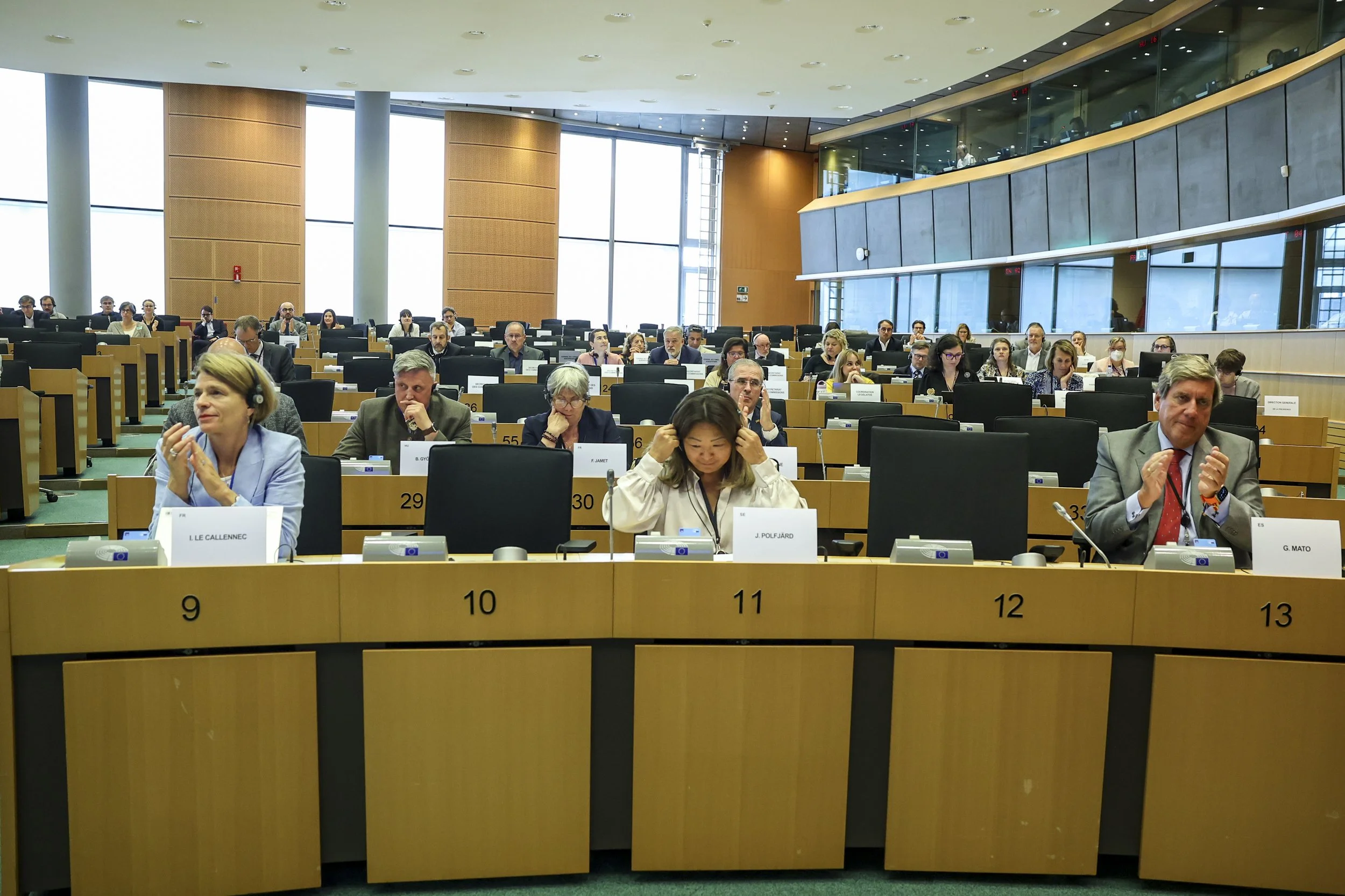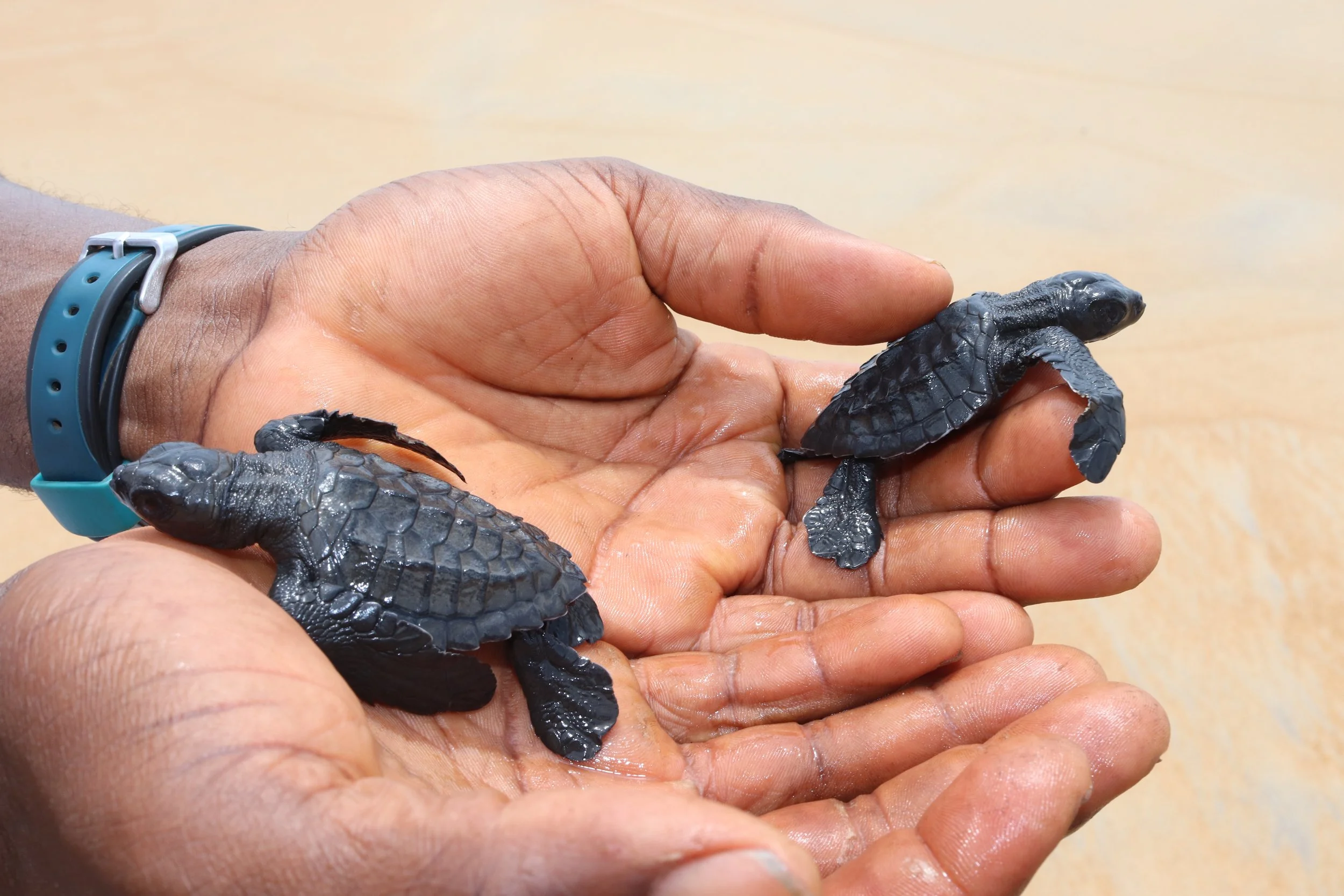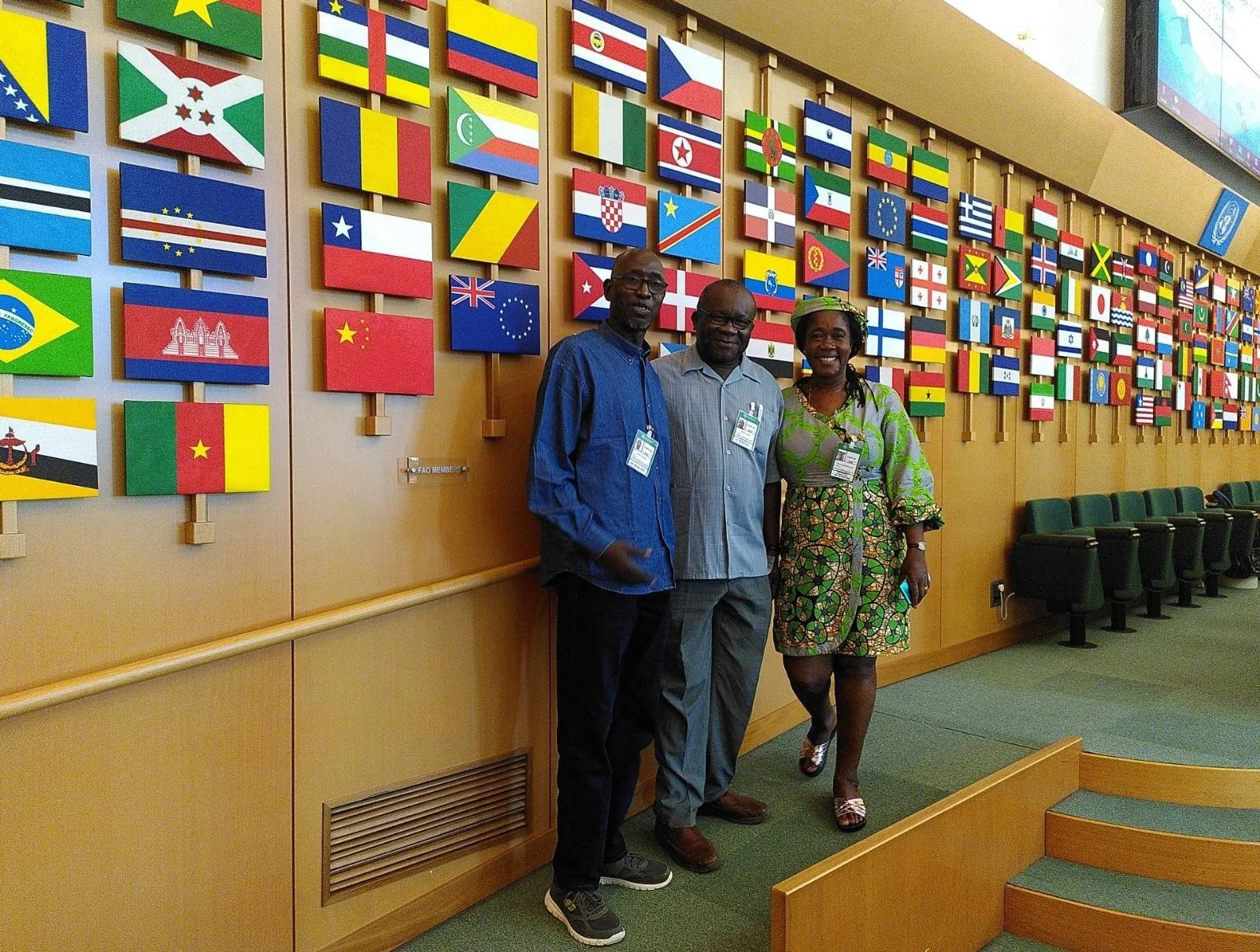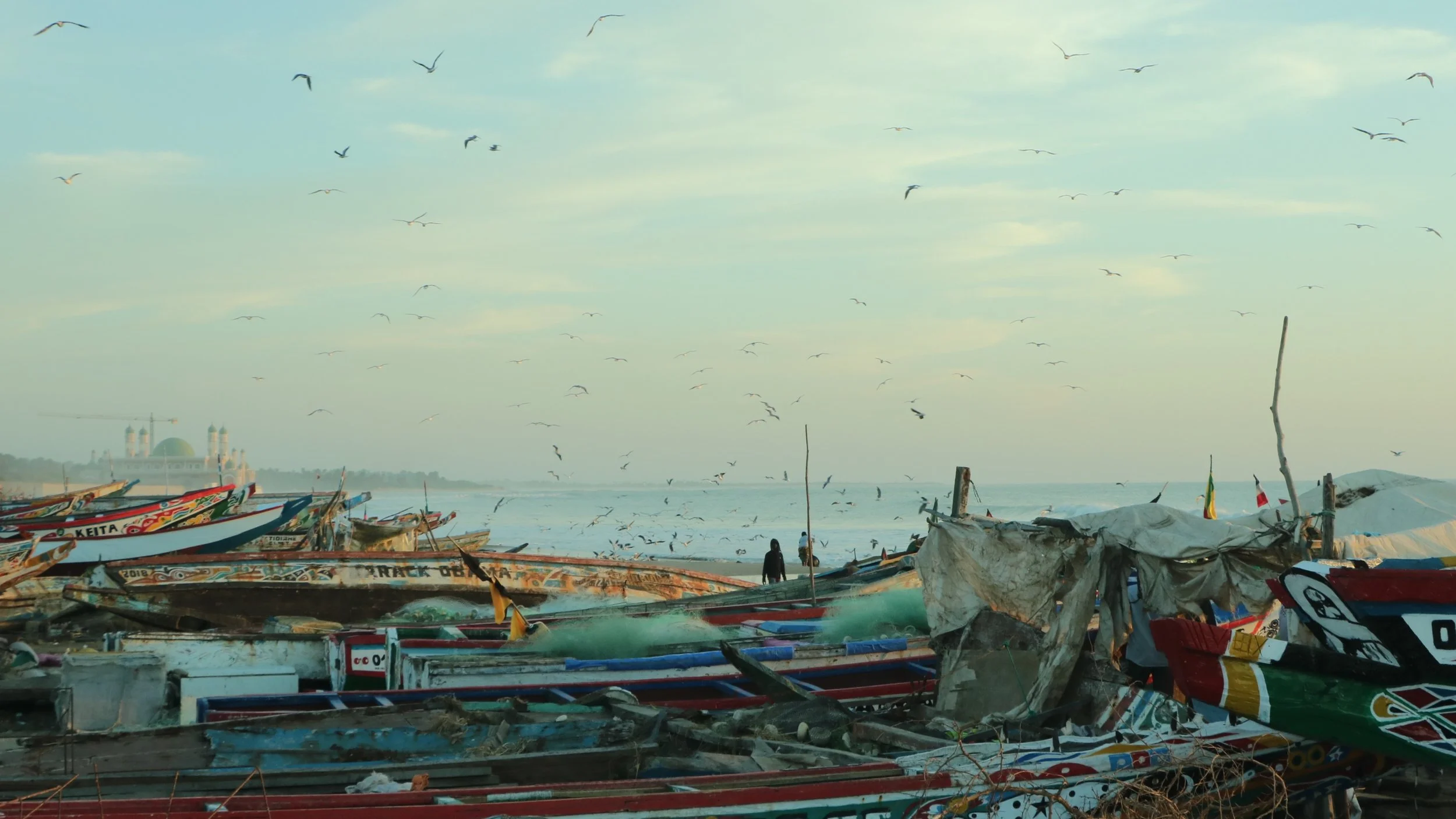The Cypriot commissioner-designate faced the questions of the European Parliament fisheries committee (PECH) regarding the strategic framework which should bring coherence among ocean-related policies, including the Common Fisheries Policy. PECH backed him for his future mandate.
8th meeting of OACPS Ministers Responsible for Oceans, Inland Waters and Fisheries: artisanal fisheries representatives call for the protection of coastal zones by and for communities
In September 2024, the Ministers responsible for Fisheries of the Organisation of African, Caribbean and Pacific States (OACPS) met in Dar es Salaam (Tanzania) to discuss the theme ‘ Accelerating action for sustainable and resilient oceans, fisheries and aquaculture in OECP member countries and regions’.
MEPs discuss international challenges to be addressed by EU fisheries and aquaculture policies
Senegal fishers lodge a complaint against energy companies for failing to exercise due diligence in their GTA project
UN rapporteur on the Right to Food to governments: “Fishers have the answers to adapt to climate change and you have the tools to uphold their rights”
UNOC 2025: Fishers’ Call to Action raises global attention
Accused of greenwashing and opacity, the French company Olvea replies. Is it convincing?
The discussion on Olvea’s role in the exploitation of West Africa small pelagics for fishoil comes as the OECD’s Guidelines for Multinational Enterprises on Responsible Business Conduct have recently been updated and strengthened, to ensure responsible business conduct regarding their impacts across areas such as climate change, biodiversity and supply chain due diligence
Artisanal Fishing Local Councils “CLPA”: the fight to preserve the marine ecosystem
Since 2010, Senegal has set up CLPAs as a fisheries co-management system. They aim to resolve problems at local level and involve fishers in monitoring, control, and surveillance. However, there is a lack of resources for this system to be implemented effectively. An article by journalist Paule Kadja Traoré.
"The European Union must be credible and demonstrate that EU taxpayer’s money is well spent in support of sustainable fishing”
From 8 different African countries, representatives of coastal fishing communities participated to a seminar on the external dimension of the CFP hosted by the EU Long Distance Fisheries Advisory Council (LDAC) in Sweden and then travelled to Brussels where they exchanged with decision-makers from the Commission and the European Parliament.
OLVEA imports fish oil from West Africa: Greenwashing in action, transparency at a standstill
An episode of ARTE's investigative magazine Sources, entitled “Salmon: a story of smoke and mirrors,” traces the journey of fishmeal and fish oil produced in Mauritania coming to Europe.
Destructive and polluting Deep Sea mining should not get the green light, say fishers
“Nothing about us without us”: fishers draft rules of conduct for how to work with them to save the oceans
"Conservation is not for conservation's sake. Conservation is for us: we need a fair place for communities."
Driven by a local NGO, which is committed to community development as well as turtle protection, Côte d'Ivoire's first marine protected area (MPA) is an example of how conservation can be achieved while respecting the rights and access of artisanal fishing communities to their traditional fishing grounds.
COFI 35: “Never has there been such enthusiasm for small-scale fisheries”
Small-scale fishers' "little babel" speaks with one voice at UN oceans conference
AU-EU Summit: High-level commitments, but artisanal fishing communities want concrete action
EU-AU Summit: African fisheries stakeholders speak with one voice
With two weeks to go before the summit that will bring together the leaders of the European Union and the African Union in Brussels on 17 and 18 February 2022, the team that has taken over the reins of AFRIFISH - the continental platform that brings together non-state actors in African fisheries - is determined to make itself heard.
Looming clouds in the Gambian coastal skies
In this story by Béatrice Gorez and Dawda Foday Saine and first published in the Yemaya magazine in November, the authors look at the obscuring future of women in fisheries in Gambia as the dense fumes of fishmeal factories are being regurgitated into the environment. Fishmeal factories compete with women for access to small pelagics, and encourage overfishing and illegal fishing.
Blue Economy: MEPs call for a “balance” between new sectors and traditional activities, particularly small-scale fisheries
Discussing the draft of an own-initiative report, the European Parliament PECH committee reminds the European Commission that artisanal fisheries are the most vulnerable and fragile sector of the Blue Economy and insists on the strategic role of aquaculture and fisheries as providers of healthy food and jobs for the future.




















